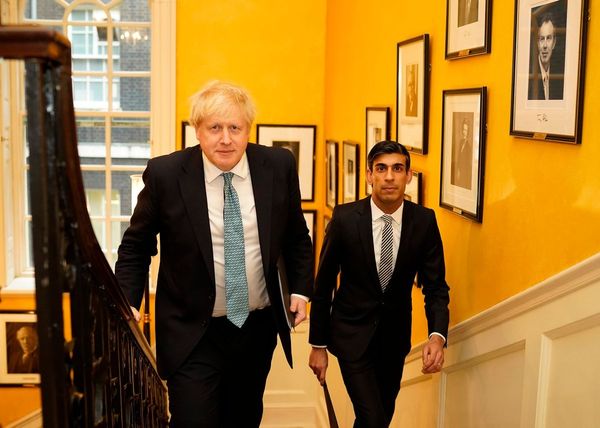Major political parties in Telangana — the Bharat Rashtra Samiti (BRS), Congress and the Bharatiya Janata Party — appear to have adopted a twin-pronged strategy to win the year-end Assembly elections by first announcing candidates for the 119 seats ahead of the election notification.
The BRS president and Chief Minister K. Chandrashekhar Rao, based on a series of surveys conducted by independent agencies and also internal feedback gathered through ground-level sources, has shortlisted the names for the ensuing elections. The BRS chief has assured the sitting MLAs that they are likely to get the nod yet again. Only in the worst-case scenario, incumbent legislators with a dismal track record and facing strong anti-incumbency are set to be dumped. . Some ruling party MLAs want to step down and pave way for their kith and kin.
Mr. Rao intends to replicate the experiment he had done in the 2018 elections by announcing the list of BRS (then TRS) candidates in advance. That year, all the sitting BRS MLAs got the ticket. Evidently, the Congress and the BJP — not having started the exercise by then — were in a state of shock. The calculated gamble paid off as the BRS won 88 seats in the election, leaving the Opposition parties in tatters.
The credit for starting this practice goes to the erstwhile united Andhra Pradesh Chief Minister, the late Y.S. Rajasekhara Reddy, who ensured that the Congress party came out with a list of 293 candidates out of 294 Assembly seats for the 2009 elections. Back then, this experiment was unheard of in the political circles. Even the die-hard Congress loyalties were shocked at the manner in which Mr. Reddy managed to convince the party’s high command and get the list cleared without any changes.
Taking a cue from Mr. Reddy’s feat, the Telangana Congress party, known for dissension, intra-party rivalry and one-upmanship among the senior leaders, is trying to repeat the same strategy. A high-level committee under the direct supervision of AICC has been constituted to shortlist the candidates and announce the same in advance.
The Congress party, banking heavily on poll strategist Sunil Konugolu’s action plan and survey, is expected to announce the first list of constituencies where the party stands a good chance of winning the polls. Then comes the seats where it can give a tough fight and hope to turn the tables on the ruling party nominees. Then, there are seats where its chances are bleak.
The BJP, struggling with strong internal bickering between the old-timers, newcomers and defectors from the other parties, is slowly but steadily trying to set its house in order. The party has just overcome the strong resentment and backlash it had faced after unceremoniously dumping Karimnagar MP Bandi Sanjay as the party chief and elevating Union Minister G. Kishan Reddy as the State president and Huzurabad MLA Eatela Rajender as the BJP Election Management Committee chairman. The situation has been diffused to some extent with Mr. Sanjay getting the coveted BJP national general secretary post.
The party is now in the process of identifying the constituencies where it hopes to come out triumphant. It is a known fact that the BJP still lacks grassroots committees in several constituencies. However, that is not deterring the party from attempting to announce the candidates as early as possible.
The whole exercise of the three principal parties to name the candidates well in advance has its advantages and disadvantages as well. These parties will be in a position to get first-hand feedback on their choice of candidates. If there is resentment among the cadres, the parties can take remedial action.
Also, the parties get to know the mood of the other strong aspirants who fail to get the tickets. By announcing the candidates first, the party leadership will be in a position to pacify the disappointed aspirants with an assurance of some kind of future reward in the post-election period.
The flip side of the exercise is that it will give scope for disgruntled elements to quit the party. The ruling BRS will be at a disadvantage as denying tickets to the sitting members may give parties like BJP a chance to woo them. The State BJP unit has a committee to coordinate people joining from other parties. By encouraging defections, the rival parties will try to erode the support base of the ruling party. By garnering the support of a chunk of the disappointed candidates, these parties hope to improve their fortunes.
Parties like the Congress and the BJP will have to tackle the heartburn among the established leaders in some constituencies where ruling party leaders are welcomed into the party fold. Giving tickets to such defectors will lead to dissidence, slimming down the victory chances.
On the whole, principal parties will be taking a calculated risk in naming their candidates in advance. As the State heads for polls sometime in November/December this year, it will be an interesting run for all parties, particularly the BRS which hopes to score a hat-trick.







